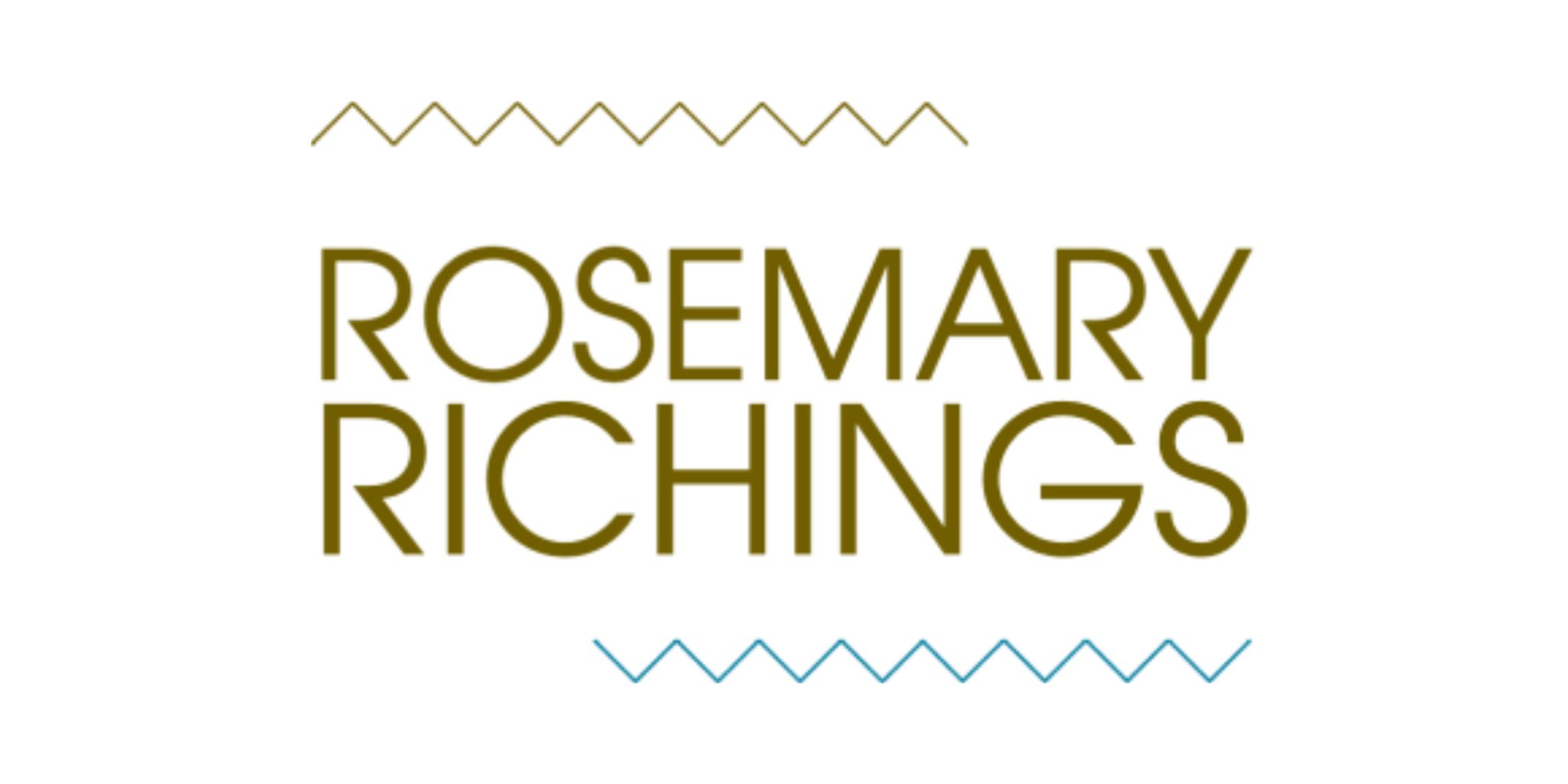When you write for editors, sometimes, if they had it their way they’d probably want the article done yesterday. Honestly, who can blame them?
They’ve got readers to please, articles to print, writers to talk to, and the latest news to keep up with.
That’s a lot of pressure, so that’s why it’s accurate to assume that if they had it their way, the article would probably be done yesterday.
I’ve learned a lot from editors, and I have so much respect for them. That’s largely why I decided to go back to school and study Editing.
Often, when I complain about tight deadlines, seconds later I’m subtly reminded that editors are the ones that tough love me towards my personal best.
When an editor gives me a tight deadline, with very little notice I have all kinds of tips and tricks up my sleeve, which put my editor’s mind at rest.
Disclaimer: think of these “rules” more as guidelines/ suggestions based on things that have worked for me in the past, and less like something that you “have to” do.
Get as much emotional support from your loved ones possibly can
I have a small but tight-knit group of loved ones, that are unconditionally supportive of this “freelancing thing” that I’m doing.
Right from the very beginning, I made it very clear that even though I love them all deeply, tight deadlines will sometimes be a temporary, top priority, and when it takes over, all I’ll care about until it’s over is getting to the finish line.
First step: set up a clear agreement with loved ones; tight deadlines= the need for extra TLC, and friendly reminders of other things that I’ve got to do, that don’t relate to my deadline.
Only say “yes” when you know you can do it
Sometimes deadlines are impossible to meet, and that’s okay.
For instance, if an editor says: “can you write me a feature with multiple sources by tomorrow” and you already have multiple projects and responsibilities on your plate, you probably can’t do it, unless you sacrifice quality.
We may be freelancers that have to wear multiple hats to make our business work, but we’re also, still human no matter what. Never feel like you have to say “yes” to an unrealistic deadline.
I’ve tried meeting impossible deadlines before, and often I do it because it’s a publication I really respect. I’ve always experience intense burnout afterward, and it’s always a stressful process.
Coffee helps, though! As a result, I don’t recommend doing that…ever. If you tell people ahead of time that you need more time, they’re often surprisingly empathetic.
Always tell them in advance, and carefully think through what’s realistic ahead of time.
Plot out your time carefully
No matter what, this is still a circumstance where you’re your own boss.
More likely than not, you’ll have other commitments to think about so be the best boss you’ve ever had, and don’t forget to squeeze in time for your other responsibilities.
You don’t want to let something important fall by the wayside because you had to meet a deadline. That’s probably not why you chose to freelance!
When in doubt go for a quick walk
Unfortunately writer’s block happens sometimes, especially when creativity, pressure, and sometimes mild drowsiness intersect.
That’s exactly why there are so many books about writer’s block, and it’s a keyword that gets a lot of hits on popular search engines.
One of the most consistently effective writer’s block cures for my paid projects is fresh air. It’s amazing what a short break, and a brisk walk can do for creativity.
I always find that whenever I get stuck, spending a short period of time away from the computer screen helps a lot. This allows me to look at what I’m doing with fresh eyes.
Last but not least: don’t panic!
There’s a reason why this one was the last one on the list. Even if you don’t follow the rest of the list, this is the one that’s the most important.
Although you can never predict the results of your work, no matter what, keep calm, and stay focused, and you’ll make it to the finish line.


